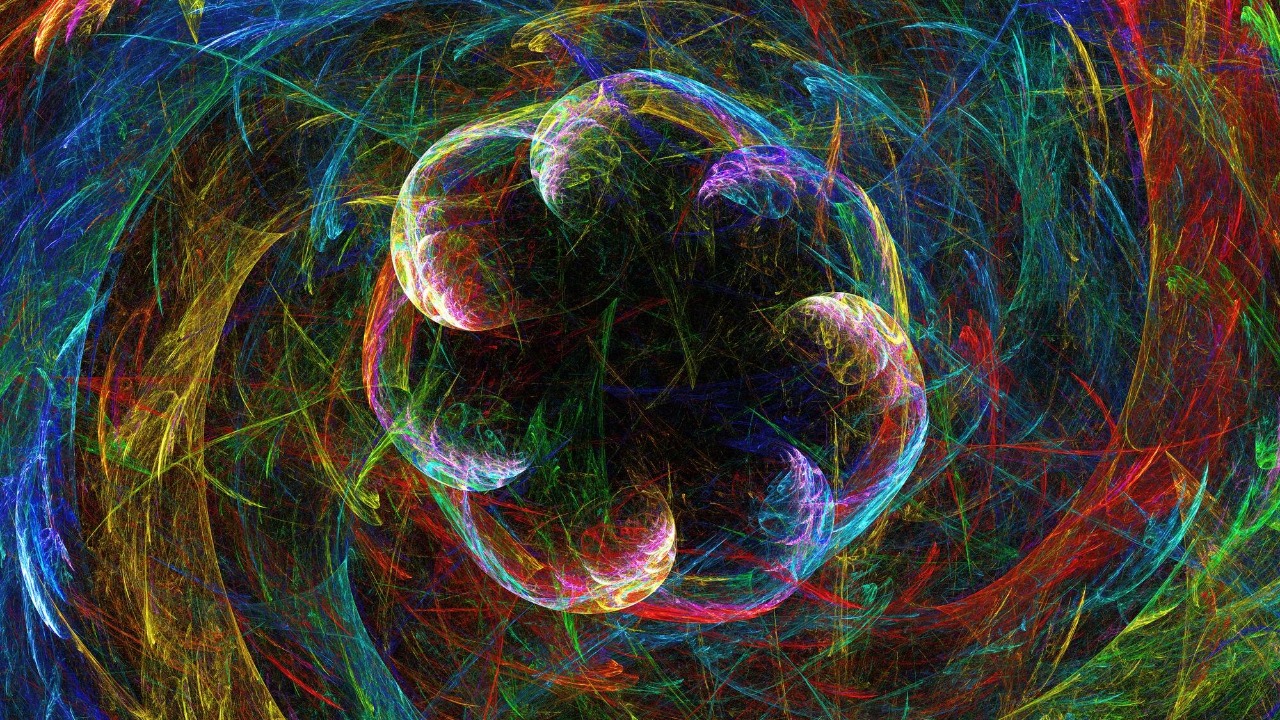
For centuries, the concept of consciousness has intrigued philosophers and scientists alike. Often deemed too abstract for scientific exploration, consciousness has been largely left to philosophical discourse. However, a groundbreaking new theory suggests that quantum effects may hold the key to understanding consciousness, potentially revolutionizing our perception of life itself.
Quantum Theory and Consciousness: An Overview
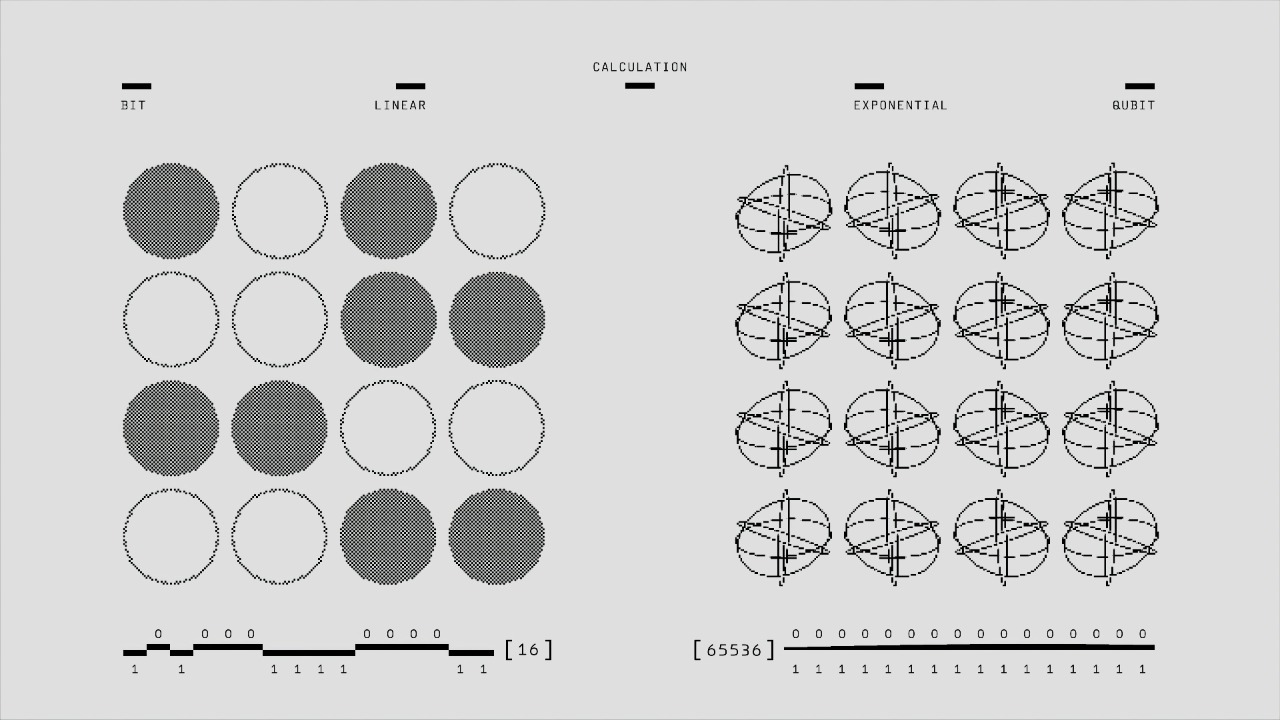
Historically, the field of quantum mechanics has been separate from the study of consciousness. The traditional understanding of quantum mechanics focuses on the behavior of particles at the smallest scales. Some scientists have speculated about the role of quantum mechanics in consciousness, suggesting that quantum effects could underpin the workings of the mind. Yet, this connection has remained largely hypothetical.
Recently, a new theory of consciousness based on quantum effects has emerged. This theory postulates that consciousness arises from quantum vibrations within microtubules inside brain neurons. It suggests that these quantum-level events could explain consciousness, bridging the gap between the physical brain and our experiential minds. This theory, known as Orchestrated Objective Reduction (Orch-OR), has sparked a new wave of debate and research into the nature of consciousness.
Quantum Effects: The Hallmark of Life
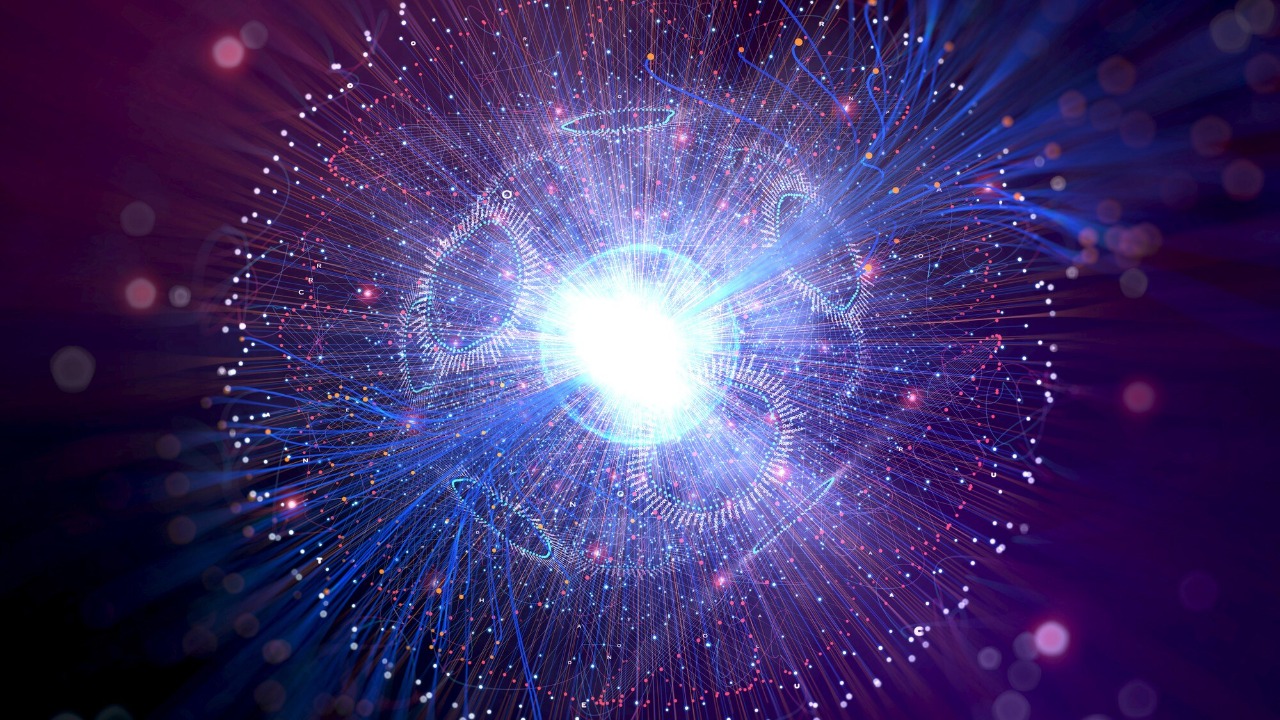
One of the most intriguing developments supporting the quantum consciousness theory is the discovery of quantum signals inside life itself. Researchers have found evidence of quantum vibrations within microtubules in brain neurons, suggesting a potential role for quantum mechanics in the processes of life and consciousness.
These findings have profound implications for our understanding of consciousness. They challenge traditional biological and physiological theories that view consciousness as a byproduct of complex computation among brain neurons. Instead, they suggest that consciousness could be a fundamental aspect of the universe, much like space and time, with quantum effects playing a key role. This perspective has been detailed in a recent publication on SciTechDaily.
Supporting Experiments and Studies
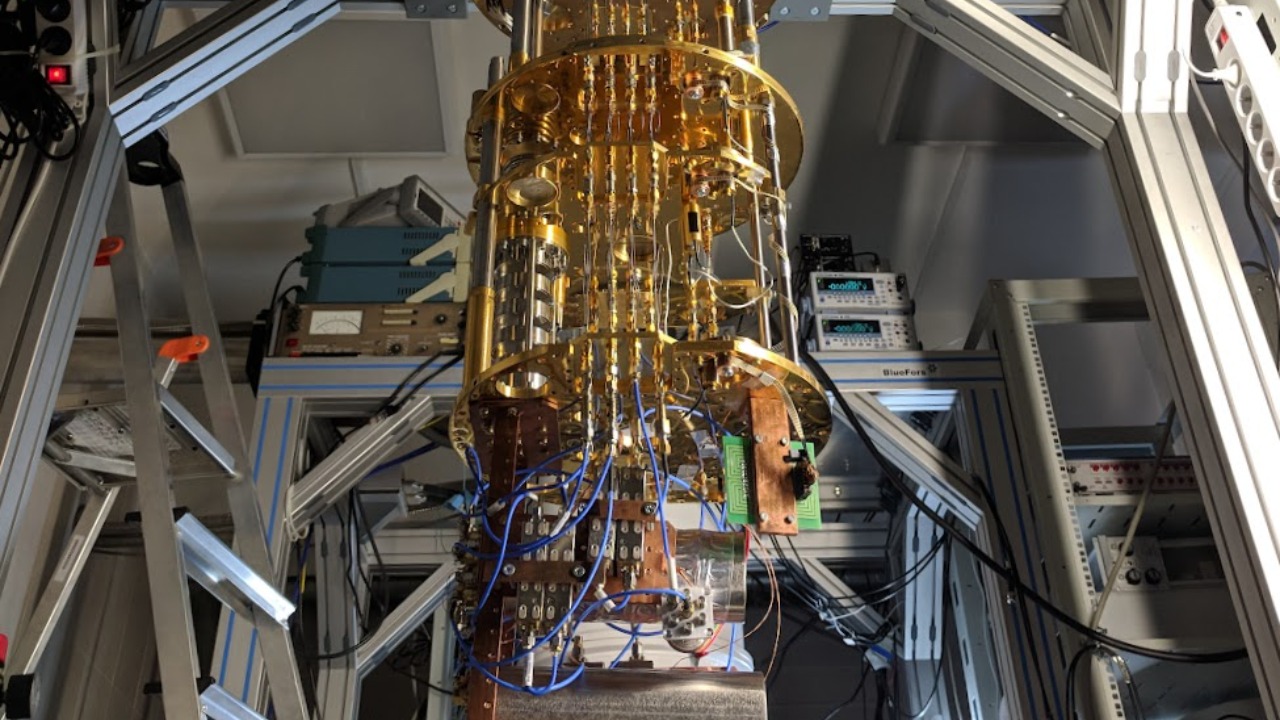
Several experiments are underway to test whether consciousness indeed arises from quantum mechanics. These studies aim to determine whether quantum vibrations within microtubules correlate with conscious perception and if these vibrations can be manipulated to alter consciousness.
The results and conclusions drawn from these experiments could have significant implications for our understanding of consciousness. A positive correlation between quantum vibrations and conscious perception would provide strong support for the quantum consciousness theory. Conversely, a lack of correlation would necessitate a reevaluation of the theory. The progress and impact of these experiments are being closely monitored by the scientific community, as outlined in a recent article in Scientific American.
Criticisms and Controversies

Despite its potential, the quantum consciousness theory has faced skepticism and criticism. Some scientists argue that the warm, wet environment of the brain is inhospitable to quantum effects, which they believe can only occur in the cold, isolated conditions of a quantum computer.
Moreover, the quantum consciousness theory conflicts with traditional theories of consciousness, which view it as a product of complex computation between brain neurons. Some scientists believe that the theory lacks empirical evidence and is overly speculative. The ongoing debate between quantum and classical viewpoints is a defining feature of the current scientific landscape, as discussed in this link.
Implications for Science and Society
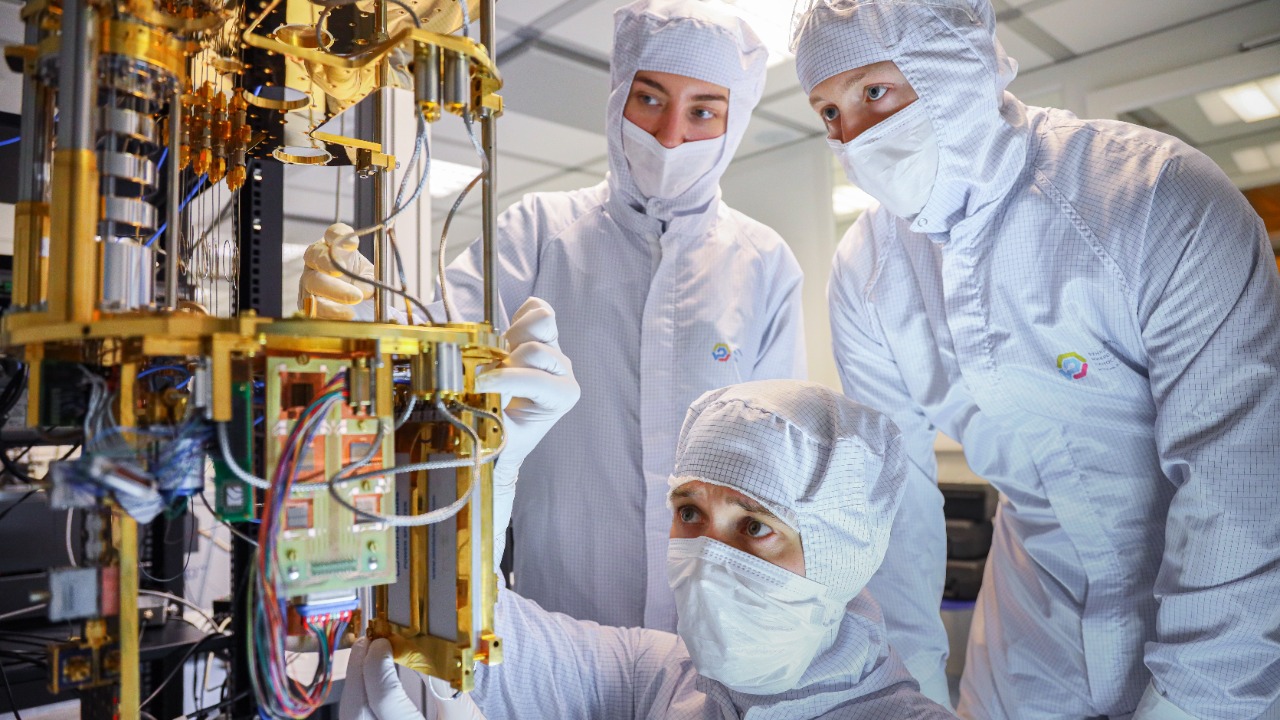
If proven correct, the quantum consciousness theory could fundamentally change our understanding of the mind and life. It could impact fields as diverse as artificial intelligence, neuroscience, and philosophy, challenging our current models and theories.
Beyond the scientific implications, the theory could also have profound societal effects. It could alter our perception of reality and our place within it, fostering a deeper understanding of our own consciousness. However, it also raises ethical questions, such as the potential for manipulating consciousness and the implications of artificial intelligence potentially achieving consciousness. As we continue to explore this groundbreaking theory, it’s clear that the journey to understanding our own consciousness is far from over.